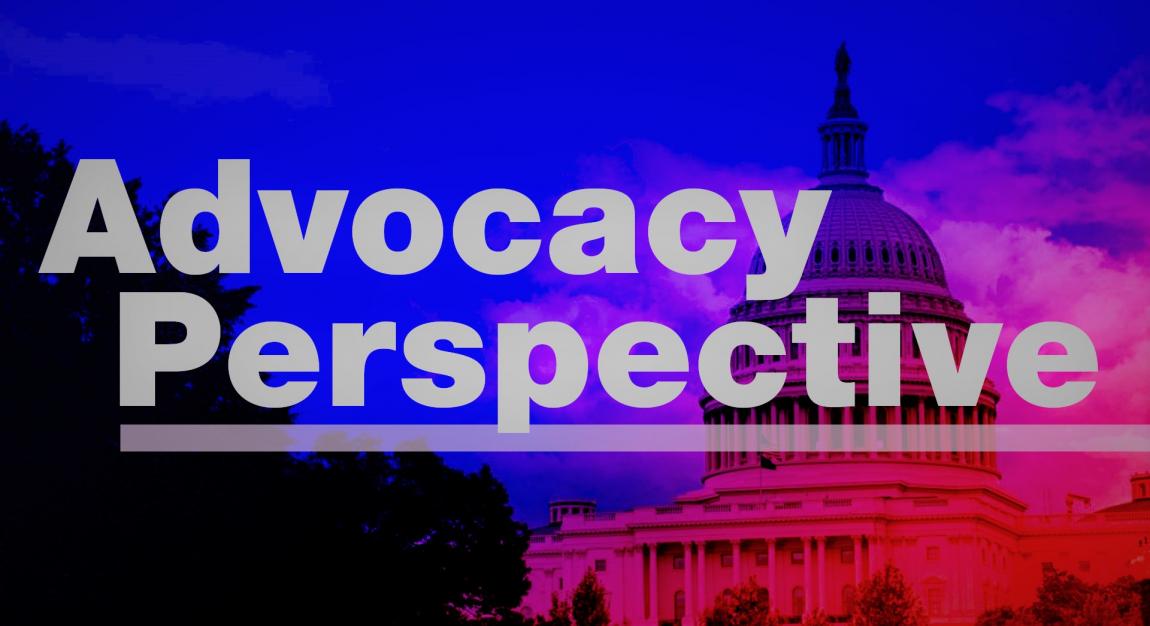- The Supreme Court's decision overturning Chevron deference lets judges more freely interpret laws without having to afford any special weight to an agency’s view.
- This ruling may cause delays and increase litigation, potentially overwhelming courts and agencies, and resulting in inconsistent rulings that increase uncertainty.
- Medicare reimbursement, medical device approvals, and ACA protections could face more legal challenges.
On June 28, the Supreme Court overturned the Chevron deference doctrine, which for 40 years has required judges to defer to agencies' reasonable interpretations of "ambiguous" federal laws falling within the agencies’ field of expertise. While some have argued that Chevron allowed unelected bureaucrats too much power in interpreting laws and the extent of their power, others believe it provided necessary deference to agency expertise. Following this historic decision, judges will have greater freedom to impose their interpretations of statutory ambiguities or silence, including revisiting agency interpretations that courts previously upheld under Chevron deference, potentially upending regulations across various sectors, including healthcare, the environment, financial regulations, and technology. This decision may have broad implications for healthcare, including:

- Bolstering Legal Challenges to Non-Compete Final Rule: The removal of Chevron deference increases the likelihood of successful legal challenges to the FTC's recent ban on non-compete agreements. STS supported this rule and has urged Congress to enact legislation to ensure this ban covers all physicians. Courts may more critically evaluate and overturn the FTC's rule without judicial deference to agency interpretations.
- Overwhelmed Courts and Agencies: This decision may lead to significant delays in federal agencies' rulemaking as they revise old rules and respond to increased litigation. The potential for a backlog of cases and the necessary adjustments to the new standard could overwhelm both the courts and agencies, ultimately causing delays in implementing new regulations.
- Reimbursement: HHS and its sub-agencies often rely on Chevron to support their positions on hospital reimbursement issues, prescription drugs, or new coverage requirements. Without Chevron deference, physician groups will have more opportunities to challenge the agency’s reimbursement positions, potentially leading to more litigation and changes in reimbursement policies.
- Coverage Disputes: Coverage disputes often hinge on interpreting statutory terms such as "reasonable and necessary" for Medicare coverage. With Chevron overturned, beneficiaries and their advocates are likely to challenge agency interpretations more often, leading to increased coverage disputes and potentially broader interpretations of coverage.
- Medical Device Approvals at FDA: Without Chevron deference, the FDA’s decisions on device approvals could face increased legal challenges and scrutiny. This change may slow the approval process for new devices as the FDA works to provide more comprehensive justifications, potentially delaying innovative technologies. Increased judicial review could lead to inconsistent rulings, creating uncertainty for manufacturers, and affecting the development and availability of new medical devices.
- Nondiscrimination Under the Affordable Care Act: Section 1557 of the ACA prohibits discrimination in federally assisted health programs based on race, color, national origin, sex, age, or disability. Recent regulations have expanded these protections. With Chevron deference overturned, these regulations are more vulnerable to legal challenges.
